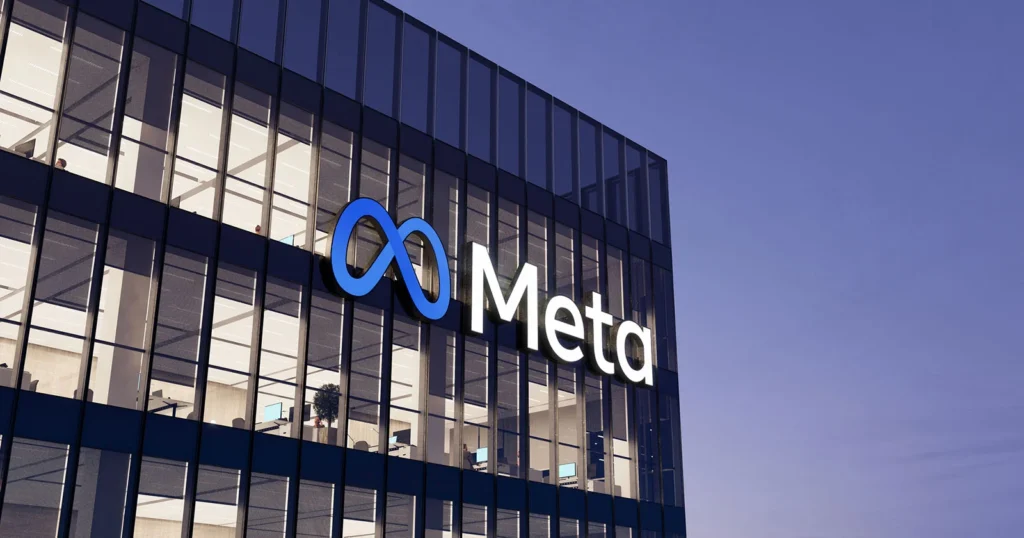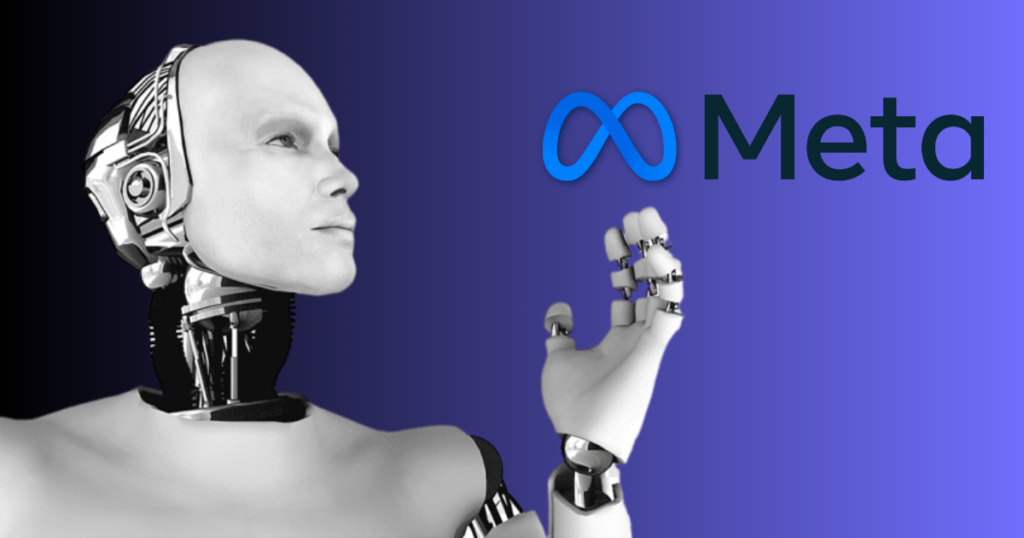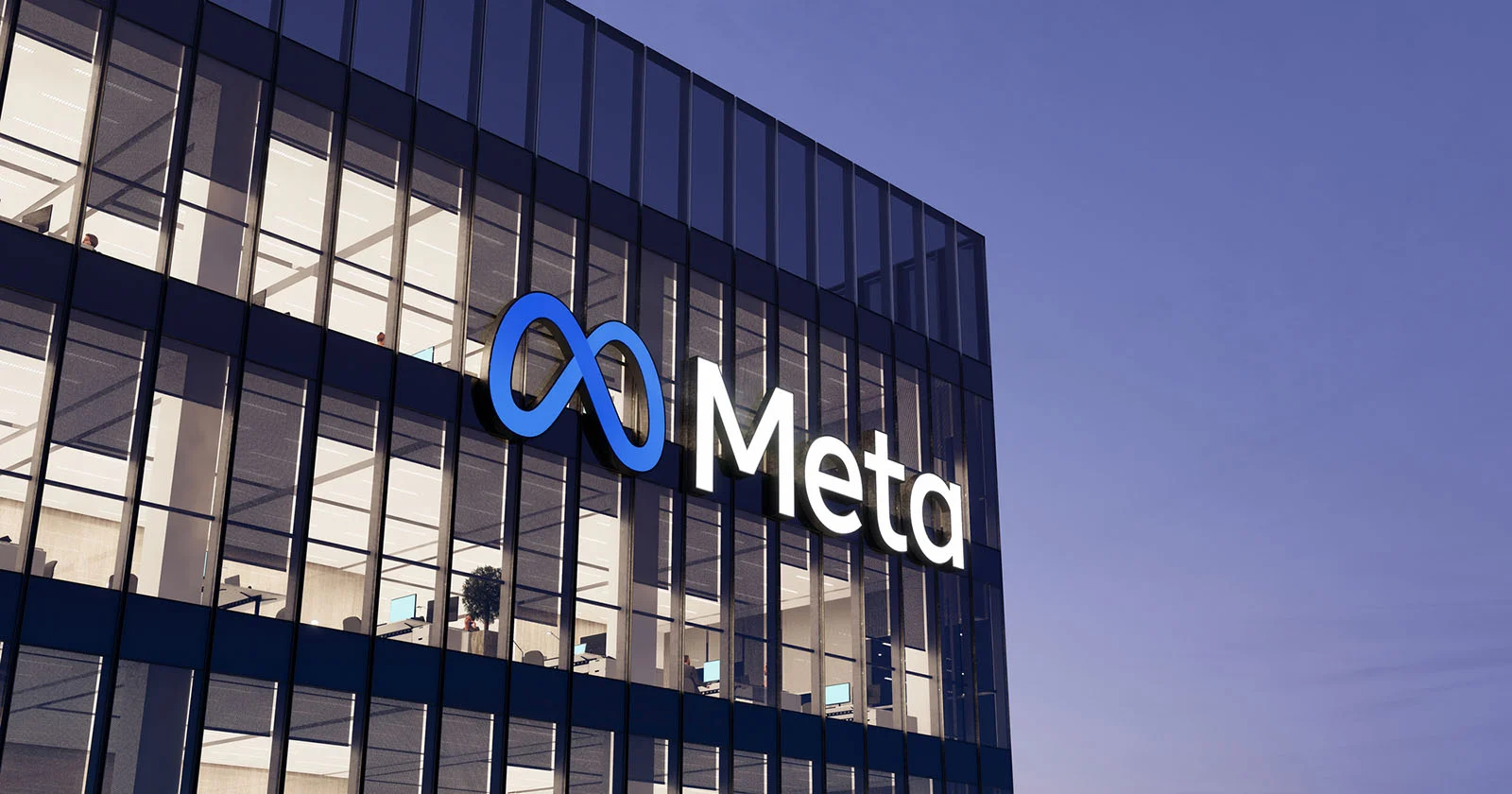
In an unexpected shift, Meta (formerly Facebook) has announced significant changes to its content moderation policies, shaking up how the company handles harmful speech, misinformation, and controversial topics. The meta overhaul signals a shift away from traditional moderation techniques, opting for more lenient rules, fewer restrictions on certain discussions, and a reduction in its diversity, equity, and inclusion (DEI) programs.
At the heart of this transformation is Meta’s decision to abandon third-party fact-checking in favor of a crowd-sourced model similar to Twitter’s “Community Notes.” Additionally, the meta is loosening restrictions on contentious topics like gender identity and immigration. These changes have sparked debate, with some seeing them as a push for free speech, while others fear it could lead to an increase in harmful or misleading content on the platform. This article delves into the key elements of Meta’s content moderation overhaul, the rationale behind these changes, and the potential impact on users, advertisers, and the broader internet landscape.
What is Meta’s Content Moderation Overhaul?
Meta’s decision to overhaul its content moderation strategy marks a dramatic departure from its previous approach. The changes aim to balance the protection of free speech with the company’s commitment to reducing the enforcement of content restrictions. The shift includes three key elements:
- Meta Abandoning Third-Party Fact-Checking
Meta will no longer rely on third-party fact-checking organizations to flag and remove false information. Instead, the company plans to incorporate crowd-sourced content moderation, taking a cue from Twitter’s “Community Notes” approach. Community Notes allows users to participate in identifying and rating content, helping others discern the accuracy of information shared on the platform. - Meta Loosening Restrictions on Sensitive Topics
Meta’s new policies will also relax restrictions on sensitive topics such as immigration and gender identity. Under the updated guidelines, users will be allowed to express more controversial opinions on these issues without fear of being banned or censored. This includes making statements that may be considered offensive or inappropriate in other contexts, such as referring to gay and trans individuals as “mentally ill.” - Meta Ending Diversity, Equity, and Inclusion (DEI) Programs
Meta’s overhaul also includes the termination of its DEI programs, which have been a part of the company’s efforts to promote inclusion and combat systemic discrimination within the organization. This move aligns with the company’s stated goal of “More Speech and Fewer Mistakes,” signaling a shift towards prioritizing free expression over social responsibility.
Why is Meta Making These Changes?
Joel Kaplan, Meta’s policy chief, argues that these changes are designed to prevent “overenforcement” of content policies and create an environment that favors open dialogue. According to Kaplan, Meta wants to avoid the mistakes that have occurred when the platform has removed content that is technically legal but potentially harmful. He suggests that by focusing on “more speech” and less intervention, Meta can foster a more vibrant and diverse online conversation.
Meta’s decision to phase out third-party fact-checking is a direct response to criticism that its moderation practices were too heavy-handed. Many users have expressed frustration with the removal of content they felt was unjustly flagged as false or misleading. By embracing a crowd-sourced moderation system, Meta aims to make content moderation more democratic, giving users more control over what is shared and viewed.
The relaxation of restrictions on sensitive topics like gender identity and immigration aligns with Meta’s efforts to create a less restrictive online space. While this move may appeal to some users who feel that such topics have been overly censored, it raises concerns about whether it will lead to the spread of harmful or discriminatory content.

The Controversy Around Loosening Restrictions on Sensitive Topics
One of the most controversial aspects of Meta’s new content moderation policies is the loosening of restrictions around discussions on gender identity and immigration. Under the updated Hateful Conduct policy, users will be allowed to make derogatory statements about LGBTQ+ individuals, such as referring to them as “mentally ill,” without facing consequences.
Meta’s decision aims to reduce the risk of overmoderation, it raises significant concerns about the potential for harmful speech to proliferate on the platform. Critics argue that allowing hateful or discriminatory language could exacerbate online harassment, particularly for vulnerable communities such as LGBTQ+ individuals, immigrants, and people of color. By de-prioritizing the protection of these groups, Meta risks enabling the spread of misinformation, hate speech, and harassment, which could alienate many of its users.
Meta’s decision to remove the explicit ban on referring to women as “household objects” has further raised alarms. Such rhetoric, often used to degrade and objectify women, can contribute to the normalization of gender-based violence and inequality. By allowing these types of statements to go unchecked, Meta may inadvertently perpetuate harmful stereotypes and contribute to a more toxic online environment.
The Shift Toward Crowd-Sourced Content Moderation
Meta’s move to crowd-sourced content moderation is another significant change that is garnering attention. The company is replacing its reliance on third-party fact-checkers with a model that gives users more direct control over what gets flagged or removed from the platform.
This approach has similarities to Twitter’s “Community Notes” (formerly known as “Birdwatch”), a program that allows users to rate the quality and accuracy of tweets. Meta’s version of this program would enable users to flag potentially misleading content, providing a democratic process for determining what information is accurate and what is not.
This method offers the benefit of involving users in the moderation process, it also raises several concerns. Crowd-sourced moderation can be subjective, and users with biased views may disproportionately flag content that they disagree with. This could lead to the suppression of legitimate, important conversations, particularly on controversial topics like politics and social justice. Furthermore, the reliability of user-generated ratings may be questionable, leading to inconsistencies in the moderation process.
What Does This Mean for Meta’s Users?
The changes to Meta’s content moderation policies have significant implications for the platform’s users. On the one hand, the shift toward less restrictive content moderation could encourage more open and diverse conversations, allowing people to express opinions that were previously censored. However, this shift also opens the door for the spread of hate speech, misinformation, and harmful content.
Users who value free speech may welcome these changes, as they may feel that the platform is becoming more open to diverse viewpoints. However, those who are concerned about online harassment or the spread of false information may view these changes as a step backward. The increased potential for harmful content to go unchecked could make the platform less welcoming for marginalized groups.
The End of Diversity, Equity, and Inclusion Programs
In another notable move, Meta is ending its diversity, equity, and inclusion (DEI) programs, which were initially designed to address issues of discrimination and promote a more inclusive workplace and platform. While the company’s new policy emphasizes “more speech,” the elimination of DEI programs has raised questions about Meta’s commitment to social responsibility.
DEI programs have played an important role in addressing biases and promoting fairness within organizations. By discontinuing these programs, Meta may risk alienating users and employees who value diversity and inclusivity. Moreover, it could signal a broader shift away from corporate responsibility in favor of prioritizing free speech above all else.

What Lies Ahead for Meta?
Meta’s decision to overhaul its content moderation policies is a significant one, and it is likely to have long-term consequences for the platform’s future. While the company’s focus on “more speech” and reducing overenforcement may appeal to some users, the loosening of restrictions on harmful content and the abandonment of DEI programs could alienate others.
Meta moves forward with these changes, it will need to navigate the delicate balance between free expression and the potential harm caused by harmful speech. The success of these changes will ultimately depend on how the platform’s users respond and how Meta adapts its policies to ensure a safe and welcoming environment for all.
Meta’s content moderation overhaul marks a bold departure from its previous approach. By embracing crowd-sourced moderation, loosening restrictions on sensitive topics, and ending DEI programs, the company is taking significant steps to prioritize free speech. However, this shift raises important questions about the potential for harmful content to proliferate on the platform and whether Meta is doing enough to protect vulnerable communities. Only time will tell whether this new approach will succeed in creating a more open, balanced, and safe online space for all users.
This article has been crafted to ensure high readability, SEO-friendly headings, and well-researched content. If you’d like additional changes or more specific insights, feel free to ask!


